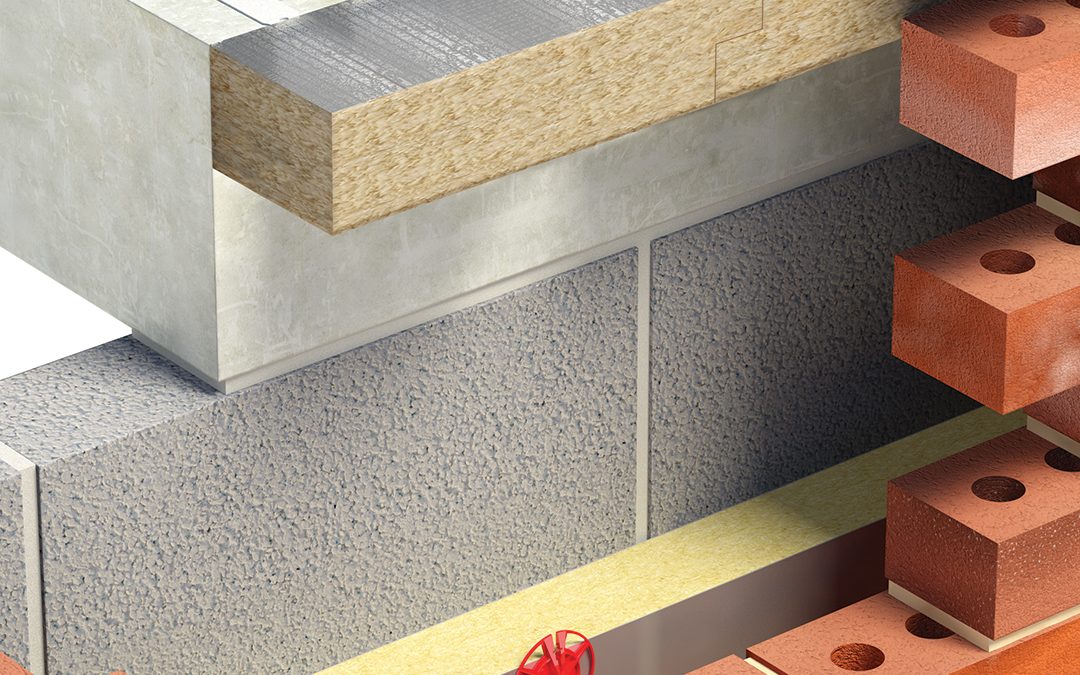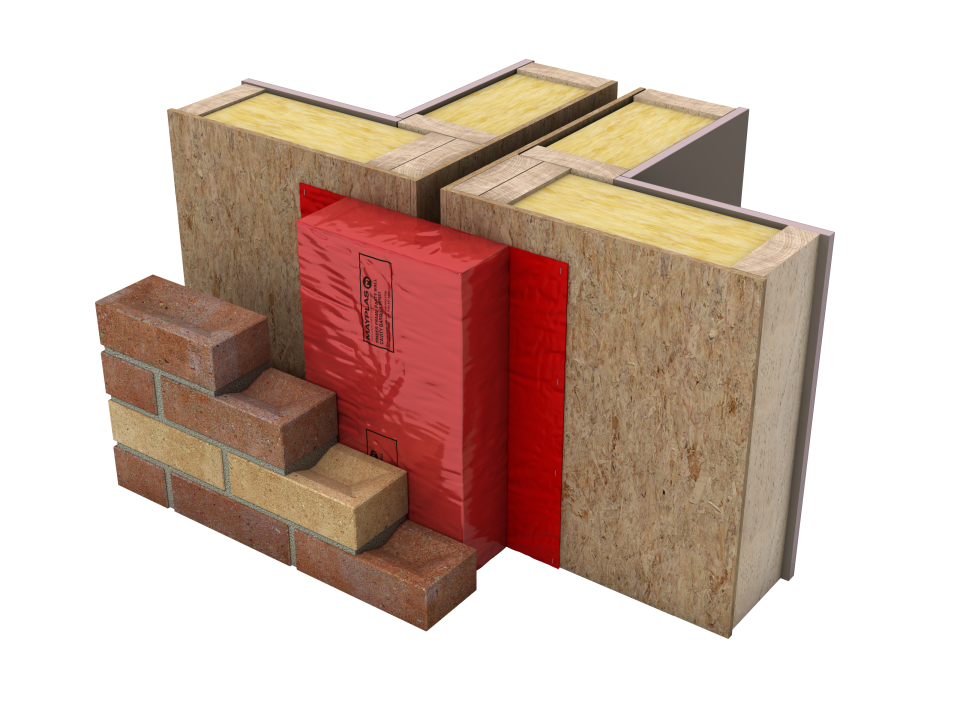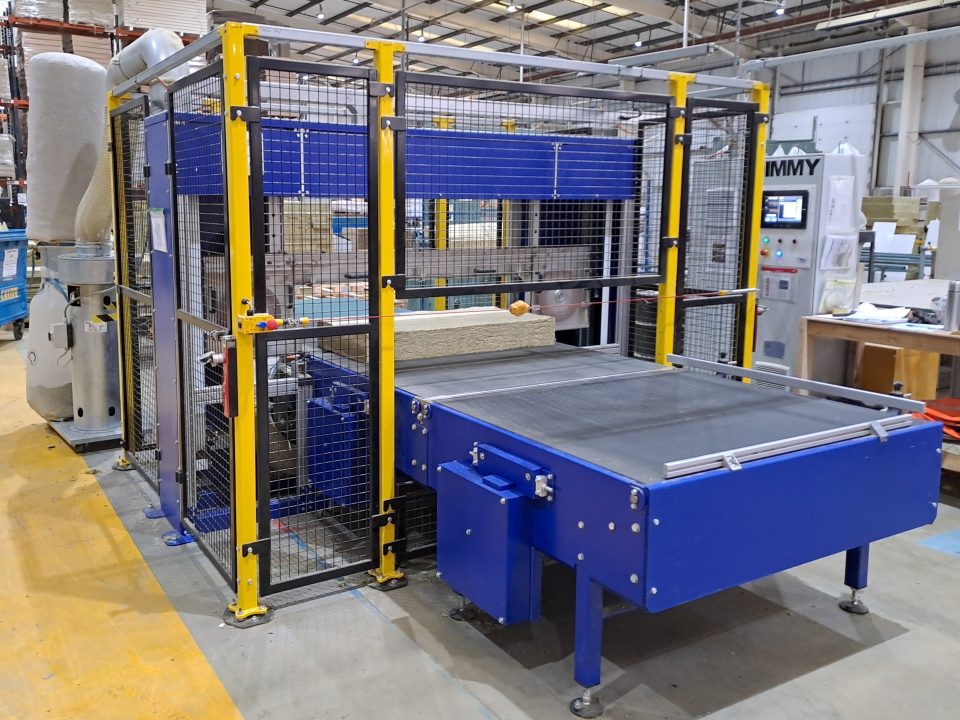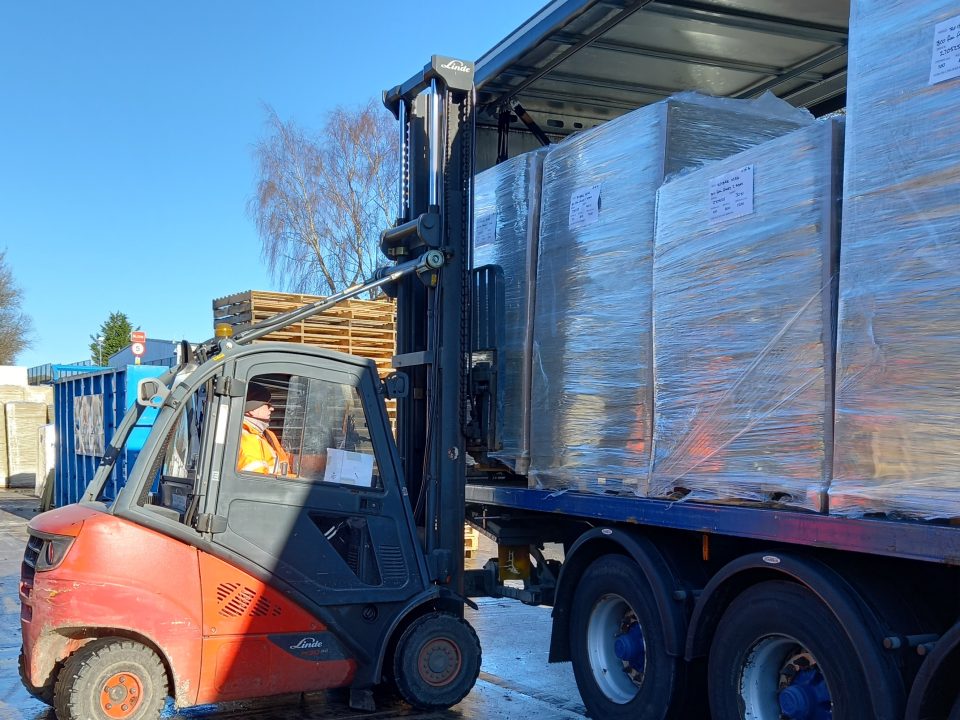Understanding fire acoustic and thermal insulation: A guide for housebuilders and commercial developers
When it comes to building design, insulation plays a critical role in ensuring building safety, comfort, and energy efficiency.
Understanding the distinctions between fire, acoustic and thermal insulation can help housebuilders and commercial developers make informed decisions to meet regulatory standards and project requirements.
Here, we explore these insulation types in detail, discuss considerations for house building and commercial construction and refurbishment, and outline what to look for in a reputable supplier.
What is the Difference Between Fire, Acoustic and Thermal Insulation?
Passive Fire Protection (PFP)
Fire insulation is critical for improving the fire resistance of buildings, protecting both lives and property. These materials are engineered to:
- Contain fires within designated compartments.
- Slow down the spread of flames and smoke.
- Meet regulated fire performance such as BS EN 1366-4.
Cavity fire barriers made with stone mineral wool are commonly used, offering fire resistance solutions tailored to external wall cavities and party walls, both at the aperture and mid-cavity.
Check out the Mayplas range here.
Acoustic Insulation
Acoustic insulation is designed to minimise sound transmission between spaces. This is particularly important in residential areas, office buildings, and facilities like schools and hospitals where noise control is essential. Effective acoustic insulation can:
- Reduce external noise entering a property.
- Prevent noise transfer between rooms or floors.
- Enhance privacy and comfort for occupants.
Acoustic insulation materials often include mineral wool slabs of different densities, that absorb and dampen sound waves.
Check out the Mayplas range here.
Thermal Insulation
Thermal insulation focuses on controlling heat transfer, keeping interiors warm in winter and cool in summer. Effective thermal insulation:
- Reduces energy consumption.
- Enhances occupant comfort by maintaining consistent temperatures.
- Contributes to a building’s energy efficiency rating.
Materials like stone mineral wool are popular choices, with solutions available for walls, roofs, and floors.
Check out the Mayplas range here.
Insulation considerations for house building
When constructing residential properties, insulation decisions can significantly impact energy performance, comfort, and compliance. Key considerations include:
1. Building Regulations: Ensure all insulation solutions comply with UK regulations, and Approved Documents including Part B (Fire Safety), Part L (Conservation of Fuel and Power) and Part E (Resistance to Sound).
2. Fire safety: Use fire tested insulation solutions creating compartmentation in high-risk areas in compliance with Building Regulations
3. Acoustic performance: Prioritise noise reduction in party walls, floors, and ceilings, especially in flats, terraced housing and housing of multiple occupancy.
4. Thermal efficiency: Aim for a balance between energy efficiency and cost-effectiveness by using materials with high R-values (thermal resistivity).
Insulation considerations for commercial buildings
Commercial buildings, from offices to retail spaces, present unique challenges and opportunities for insulation. Key factors to consider include:
1. Usage requirements: Tailor insulation solutions to the building’s purpose. For example, acoustic insulation is vital in cinemas and conference rooms, while thermal insulation is crucial in warehouses and offices.
2. Fire regulations: Adhere to fire safety standards such as Approved Document B for non-residential buildings, ensuring fire compartments and escape routes are well-protected.
3. Energy efficiency: Commercial buildings often have larger footprints, making thermal insulation a key driver of operational savings and sustainability credentials.
4. Flexibility: Consider materials that can be easily customised for complex architectural designs or retrofitting projects.
What to look for in a reputable supplier of fire, acoustic, and thermal insulation
Choosing the right supplier is as important as selecting the right materials. Look for a company that offers:
1. Wide product range: A comprehensive selection of fire, acoustic and thermal insulation to meet diverse needs. [Add in-line product page link – housebuilding solutions https://mayplas.co.uk/housebuilding-solutions
2. Expertise and support: Technical advice, product specifications, and guidance on meeting building regulations.
3. Certified and accredited products that comply with UK Building and Construction Product Regulations, ensuring reliability and performance.
4. Customisation options: Bespoke solutions tailored to unique project requirements.
5. On Time In Full: Reliable lead times and delivery schedules to keep projects on track.
Why choose Mayplas?
At Mayplas, we specialise in high-performance fire, acoustic and thermal insulation solutions tailored to your project’s needs.
From our purpose-built manufacturing facility in Bury, England, we deliver quality, value, and performance with a rapid turnaround for volume and bespoke orders.
Our commitment to excellence ensures compliance with the highest industry standards, making us the trusted partner for architects, housebuilders, contractors, developers, and merchants.
Contact Mayplas today to explore our range of insulation solutions and to speak with our expert team.



